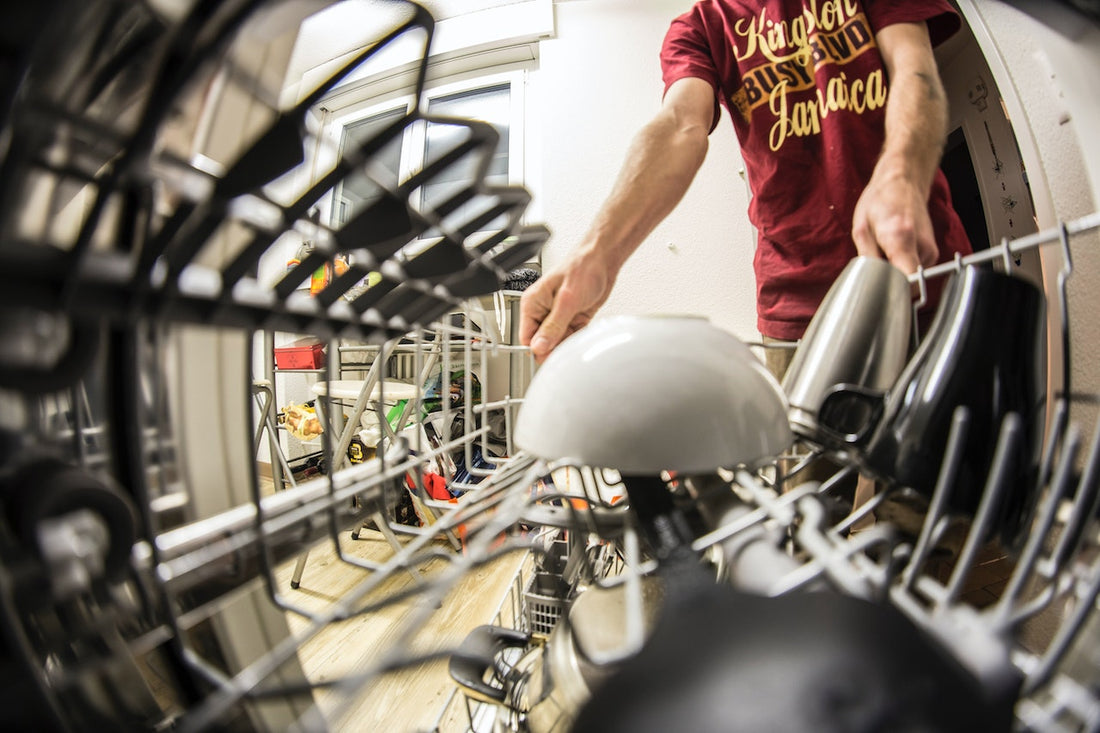Dishwashers have become indispensable appliances in modern kitchens, making our lives easier by handling the task of dishwashing. However, if you live in an area with hard water, your dishwasher may face challenges due to the high mineral content. Hard water can lead to mineral buildup, reduced cleaning efficiency, and even damage to your dishwasher over time. To combat these issues and optimize the performance of your dishwasher, installing a water softener is a wise decision. In this blog post, we will delve into the importance of water softeners for dishwashers, their benefits, and how they can enhance the lifespan and functionality of your dishwasher.
Understanding Hard Water and Its Impact on Dishwashers
This section will provide an overview of hard water, explaining its composition and the problems it can cause in dishwashers. It will cover topics such as mineral buildup, scale formation, and the negative effects of hard water on dishes, glassware, and the dishwasher's internal components.
The Role of Water Softeners in Dishwashers
Water softeners play a crucial role in mitigating the effects of hard water on dishwashers. This section will explore how water softeners work, including the ion exchange process that removes minerals responsible for water hardness. It will explain how softened water improves the performance of dishwashing by reducing spots, streaks, and residue on dishes, as well as extending the lifespan of the dishwasher.
Benefits of Using Water Softeners for Dishwashers
Installing a water softener for your dishwasher brings several benefits beyond just cleaner dishes. This section will discuss the advantages of using water softeners, including:
-
Enhanced Cleaning Efficiency: Softened water allows dishwashing detergents to work more effectively, resulting in cleaner dishes and glassware.
-
Spot-Free and Streak-Free Results: Softened water minimizes the appearance of spots and streaks on dishes, glassware, and silverware, giving them a sparkling finish.
-
Scale Prevention: Water softeners prevent scale buildup on the heating elements, spray arms, and interior surfaces of the dishwasher, ensuring optimal performance and longevity.
-
Extended Lifespan of Dishwasher: By reducing mineral deposits, water softeners help prevent clogs, corrosion, and mechanical issues that can shorten the lifespan of your dishwasher.
Types of Water Softeners for Dishwashers
This section will provide an overview of the different types of water softeners suitable for dishwashers. It will discuss options such as salt-based water softeners, salt-free alternatives, and electronic descalers. The pros and cons of each type will be presented, helping readers make an informed decision based on their specific needs and preferences.
Installation and Maintenance Tips
Proper installation and maintenance are essential for optimal performance of water softeners in dishwashers. This section will offer practical tips for installing a water softener for your dishwasher, including placement considerations and necessary plumbing adjustments. It will also provide guidance on regular maintenance, such as resin bed cleaning, salt refilling (if applicable), and troubleshooting common issues.
Investing in a water softener for your dishwasher is a smart choice to overcome the challenges posed by hard water. By using softened water, you can improve cleaning efficiency, prevent mineral buildup, and extend the lifespan of your dishwasher. Whether you opt for a salt-based water softener, a salt-free alternative, or an electronic descaler, the benefits are clear. With the right water softener, you can enjoy spotless dishes, minimize maintenance issues, and optimize the performance of your dishwasher for years to come.






